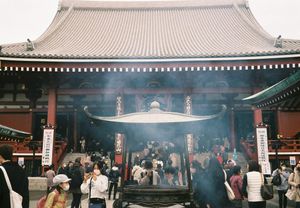In Japan there is a holiday to celebrate becoming an adult
This holiday honors coming-of-age, in other words, became (or will become) an adult. 20 is the age at which people become adults in Japan.
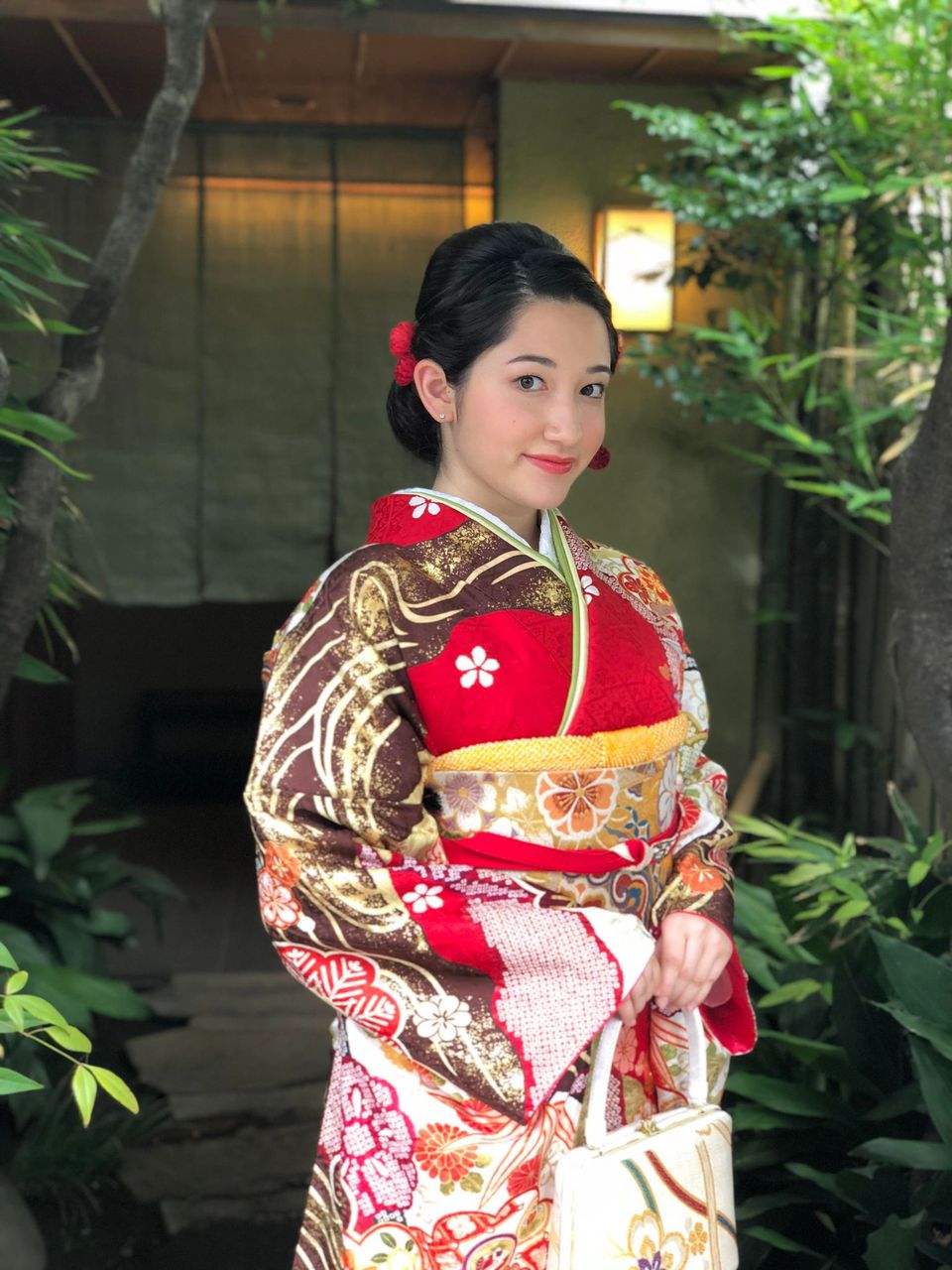
Happy New Year! Hope 2022 is off to a good start. It's time for another round around the sun.
This weekend is the first three day weekend and first public holiday after the New Year -- Seijin no hi, or Coming of Age Day (成人の日). This holiday honors those who came of age, in other words, became (or will become) an adult. 20 is the age at which people become adults in Japan.
成人: Adult/Grown up
の: of (possessive particle)
日: Day
Interestingly, starting this year (2022), the official age of adulthood will be lowered from 20 to 18. This change will not affect most 18-year-olds, as the legal age for gambling, drinking, and smoking will remain the same (20). The voting age was lowered from 20 to 18 in 2015 so this is not affected either. However, 18-year-olds will be able to get married without the consent of their parents. In the past, boys over 18 and girls over 16 needed parental approval for marriage.
At the age of 20, Japanese people can legally drink alcohol, gamble, and smoke. But there are other traditions that come along with becoming an adult: a celebration of the seijinshiki coming-of-age ceremony.
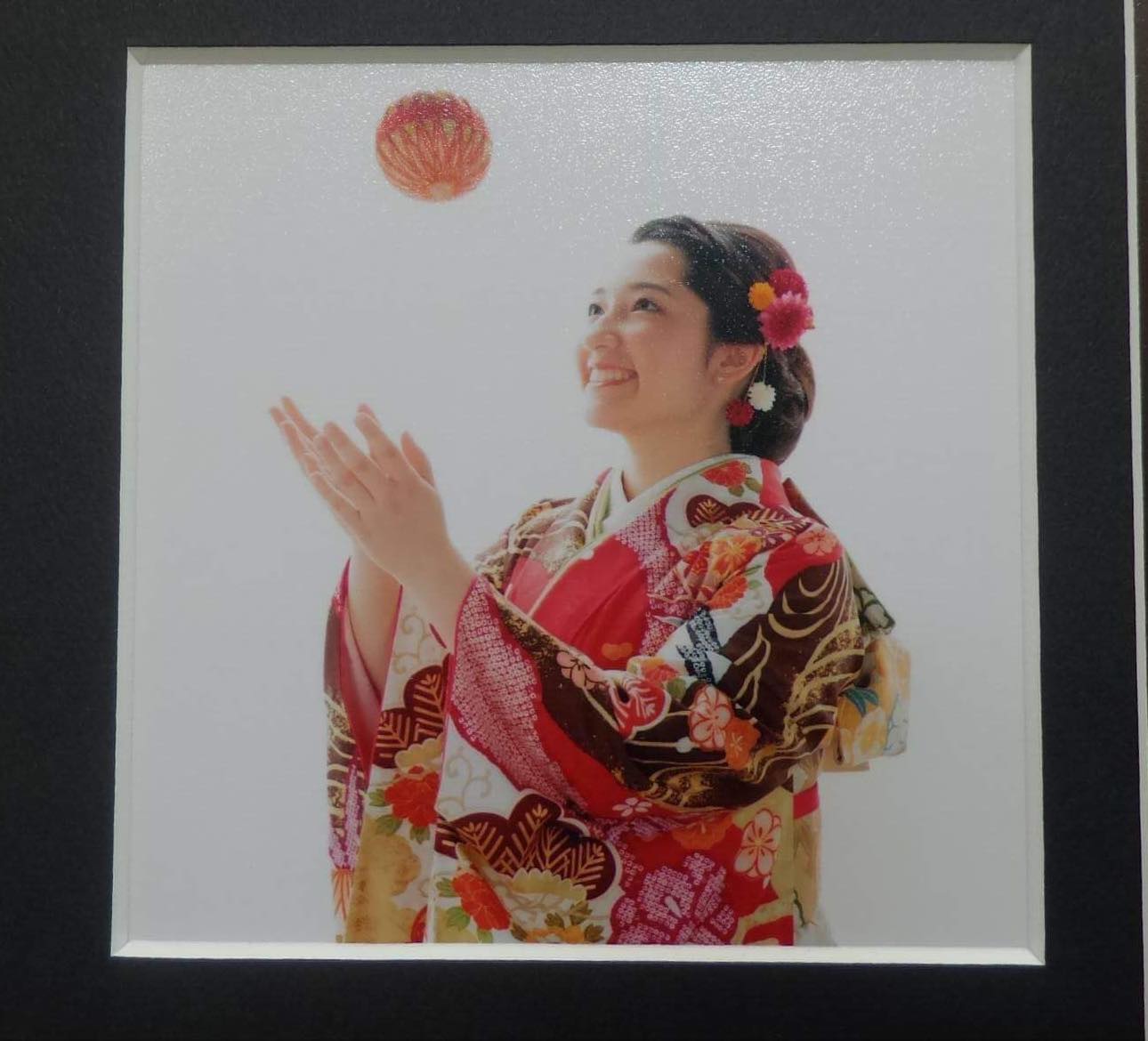
No matter where you are in the world, there are always cheesy photos
How people celebrate Seijin no Hi
On this day, it is common for local governments or organizations to hold a coming-of-age ceremony. In some colder regions such as Aomori and Iwate prefecture, the ceremony is held in the summer, around the time of the Obon festival (Buddhist festival in August that celebrates ancestors.) This is not only due to the weather, but also because many people will return home for the festival anyway, allowing for more participation.
Girls wear traditional Japanese dress, kimono, and men wear a suit, or hakama. The actual ceremony is mostly speeches and not the most fun, followed by class reunions, celebratory meals, and gift giving. From the eyes of an American like myself, it kind of seems like a graduation ceremony into becoming an adult.
When Japanese people become an adult, many will also take photos, similar to graduation or wedding photos to mark the event. Below are some photos of a friend of mine. Girls, for example, dress in kimono and get their hair done. According to a friend of mine, guys are less likely to take photos than girls for some reason.
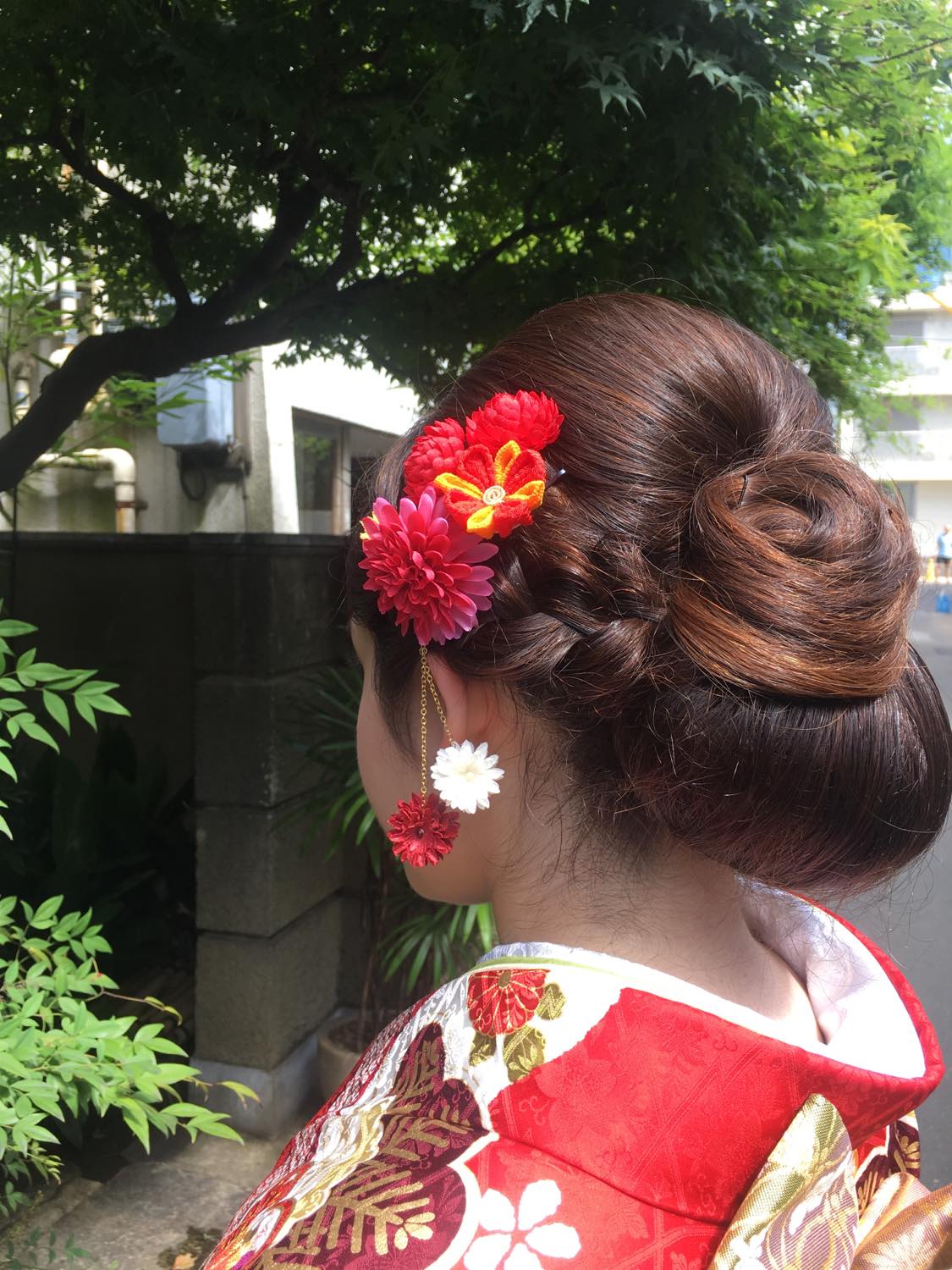
A brief history of Seijin no Hi
Since ancient times, Japan has had coming-of-age ceremonies, but it looked a lot different. Boys would tie their hair up and put on a crown or a raven-like hat. Girls would wear an traditional skirt called a mo 裳, tie up the hair, and dye their teeth black. These ceremonies were mostly done by aristocrats or other similarly high-ranking families.
Around the end of the Meiji era (1868-1912), these ceremonies faded out of style. Right around this time, boys were required to have a draft examination to serve in the military. This draft examination had similar meaning as the coming-of-age ceremonies and helped create what current ceremony is today. After WWII, the draft was removed and Seijin no Hi became a national day.
From Meiji year 29, or around 1868, Japan has considered 20 to be the age of an adult. Quite late, considering the fact that at that time the average life span was only about 36 years (Hanley.) Now, about 150 years later, it is changing.
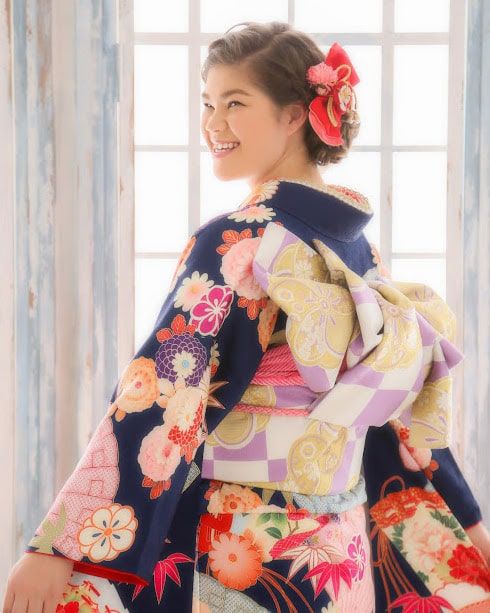
Final Thoughts
There is a special word for twenty years old - Hatachi (二十歳). It is still spelled the same way as if one were to say the equivalent of “twenty years old”, but it is a special word. I think this alone shows the importance of turning twenty.
With new laws changing, and lowering the age to be and some rights of a legal adult, it seems like Japan will eventually change the meaning of hatachi. Only time will tell. In the meantime, for all of those who are turning 20 this year, welcome to adulthood.
Unsolicited Recommendation # 18
I’m not a big TV watcher, but recently my mom showed me a TV drama called kino nani tabeta (What did you eat yesterday? 昨日何食べた.) Simply put, it is a heartwarming and nice show, perfect for those who are interested in Japanese cooking and want something light to watch.
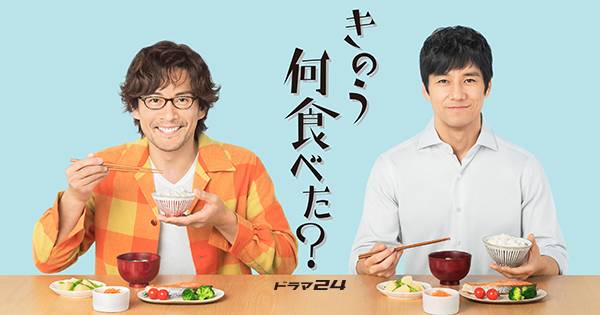
Source: TV Tokyo
Without giving away too much detail, the series is about the relationship between a gay couple who live together. Shiro is a reserved lawyer and Kenji is an outgoing hairdresser. The story revolves around the food that Shiro cooks for Kenji and explores the difficulties and issues they face in life around family, the LGBTQ community, and work. It is a drama, but it is funny and light-hearted.
It has been pretty popular in Japan and, this past year, a movie was released in addition to a second season.
I recommend this to the following:
- Anyone who is looking for a heartwarming, comedy drama to watch (especially during unpleasant weather)
- Those who are interested in LGBTQ life in Japan
- Those who are interested in Japanese cooking
It should be mentioned that this TV series is based upon the manga. I have not read the manga, but I suspect it is as good or better than the TV show for those who are interested.
If you do end up watching it, please let me know what you think!
Citations
Hanley, S. B. (1974). Fertility, Mortality, and Life Expectancy in Pre-modern Japan. Population Studies, 28(1), 127–142. https://doi.org/10.2307/2173797

